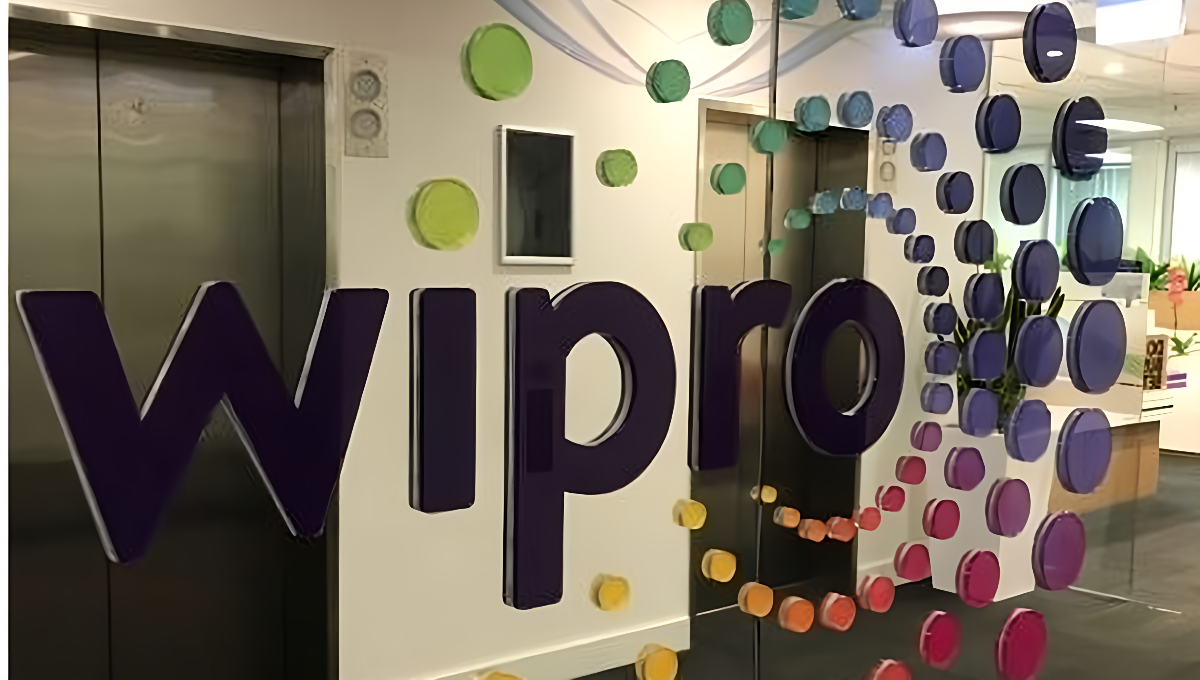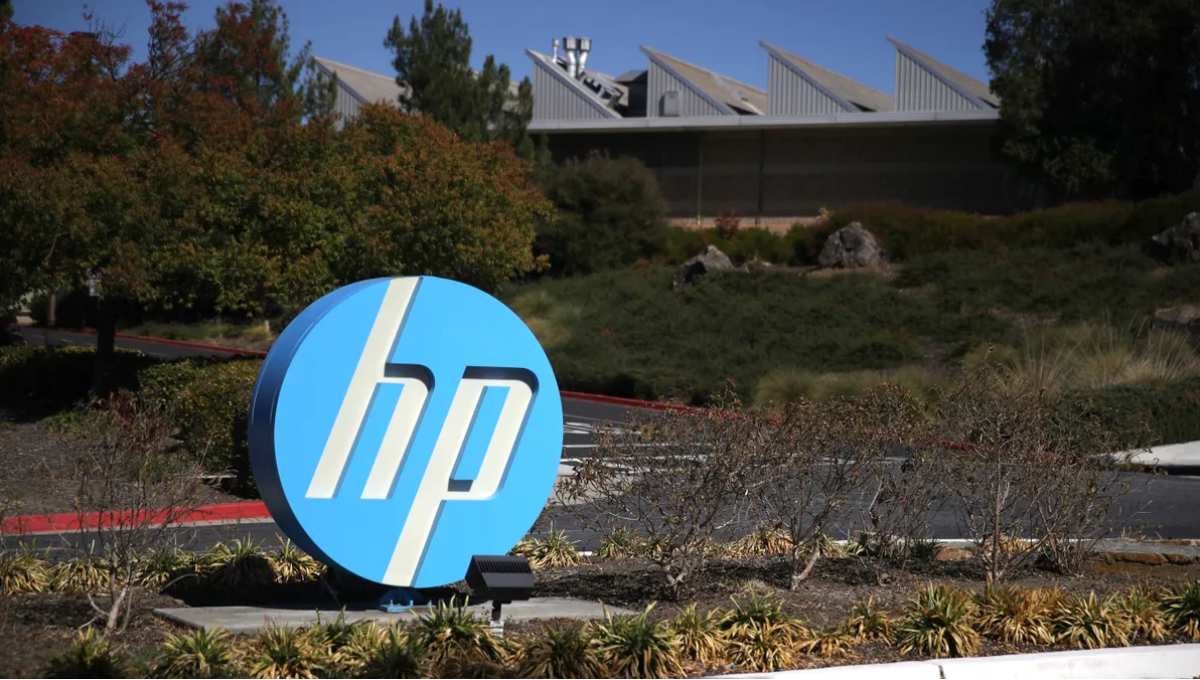BSA’s Call for Copyright Reform and Legal Clarity
The Business Software Alliance (BSA), a global industry group representing companies such as Microsoft, AWS, Adobe, IBM, Salesforce, and SAP, has urged the Government of India to add a text and data mining (TDM) exception to its copyright laws. The organization believes this step is essential to promoting responsible and competitive use of advanced technologies across industries.
In its latest report titled Enterprise Innovation Adoption Agenda for India, BSA presents a roadmap designed around three key pillars — Talent and Workforce, Infrastructure and Data, and Governance Frameworks — to drive enterprise-level technology adoption in the country.
A central recommendation in the report is to clarify the legal standing of using publicly available data for training and developing intelligent systems, which is currently limited by India’s copyright laws.
The alliance emphasized that the inability to process and analyze large volumes of data could hinder India’s innovators from keeping pace with global competitors. It argues that implementing a TDM exception, similar to those already in place in regions like the European Union and Japan, would support India’s technological growth while maintaining respect for original content creators.
This recommendation comes as India prepares to introduce the Digital India Act and implement the Digital Personal Data Protection (DPDP) Act, which sets rules for handling personal data and ensuring privacy safeguards.
Although the DPDP Act includes provisions for legitimate data use, BSA is asking the government to explicitly allow data mining and processing for training intelligent systems. The organization believes a well-defined, risk-based framework could balance innovation with privacy and security.
Governance, Infrastructure, and Global Alignment
On governance, BSA advocates for a unified national approach rather than fragmented policies at the state level. A coordinated framework, it said, would help create consistent standards and avoid regulatory confusion across sectors.
The group also urged India to align its regulatory policies with international norms through cooperation in global initiatives such as the Hiroshima Process, which aims to develop ethical and transparent technology governance frameworks.
According to BSA, a consistent and internationally aligned regulatory structure will help India attract more investment, promote cross-border collaboration, and strengthen its position as a technology leader.
In addition, the alliance encouraged the government to increase investment in cloud infrastructure to ensure that organizations of all sizes can access scalable computing resources.
It further recommended opening access to non-sensitive government datasets to enable innovation and accelerate the development of new tools and applications across sectors.
Lastly, BSA called for broader integration of intelligent technologies into public services, including smart city projects, digital governance, and citizen-centric platforms, which could enhance efficiency and improve service delivery across the country.
Also Read:
Amazon launches Kindle Translate, an AI-powered service for e-book authors









